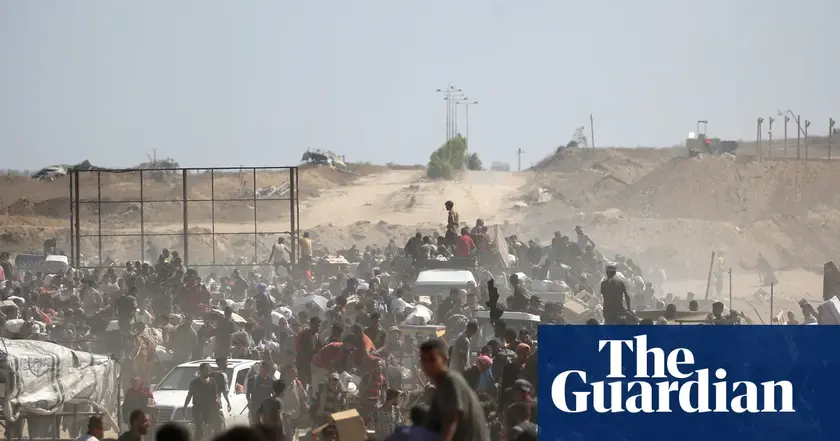T4K3.news
Coalition condemns hostage strike protests
Top ministers say the general strike harms hostages and plays into Hamas hands.
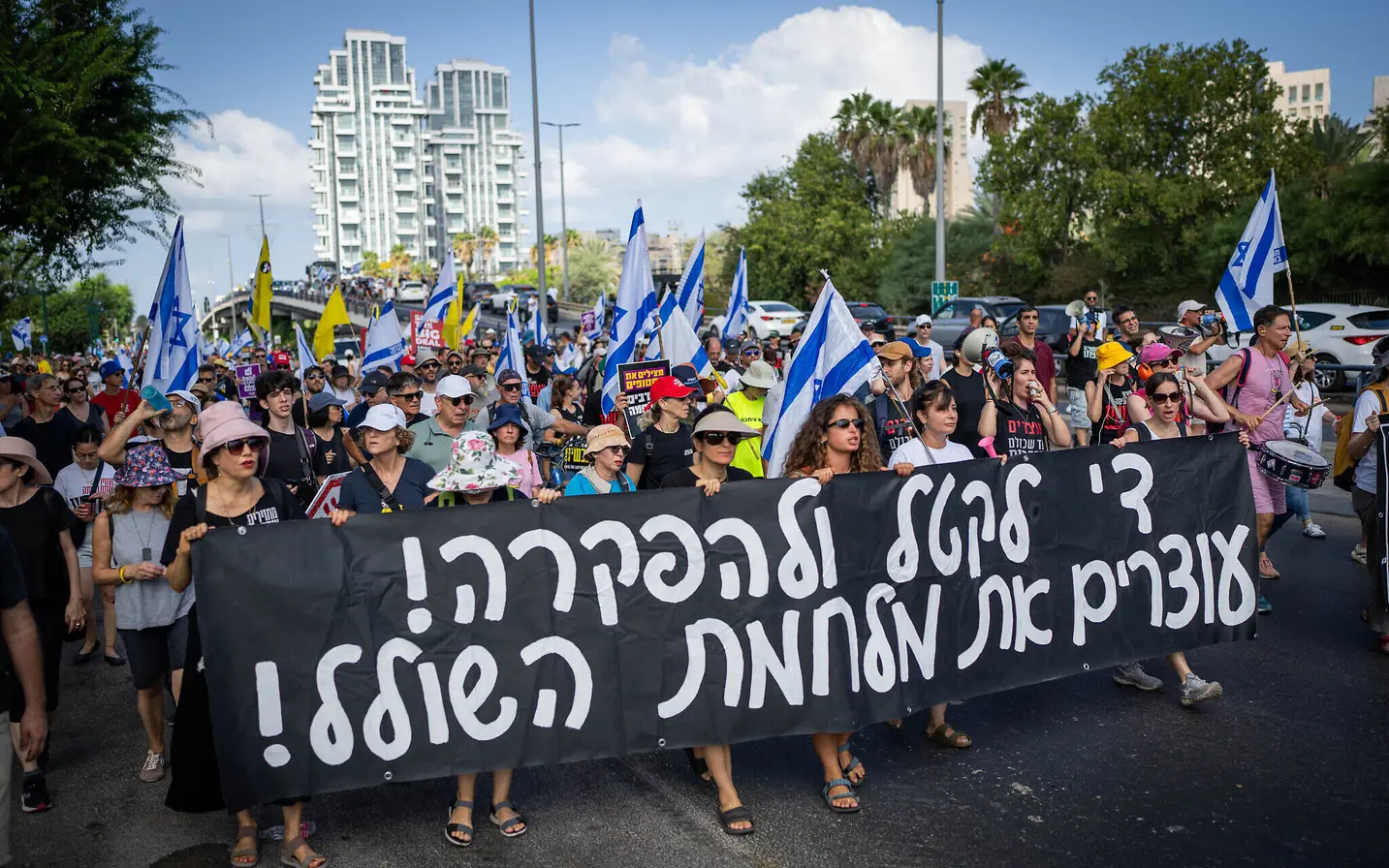
Senior ministers say the general strike over hostages harms Israel and feeds Hamas, framing the day as a political tactic rather than a national rally.
Coalition Leaders Criticize Hostage Strike Protests
Hundreds of locations across Israel saw protests and a general strike called by families of hostages and backed by businesses, universities and other groups. Several government ministers criticized the action, arguing it lends support to Hamas and diverts attention from security goals, while opposition leaders voiced support for the hostages and for peaceful civic solidarity. The day followed a security cabinet decision to pursue a Gaza City operation, a move that military officials warned could risk the hostages and hinder any ceasefire talks.
Polls show broad public support for negotiating a hostage deal, and the planned invasion of Gaza City is expected to take months. Histadrut, the main labor union, did not participate in the strike, underscoring a mixed show of labor alignment. The episode highlights a political fault line as authorities seek to sustain security objectives while political opponents rally behind the hostages and their families.
Key Takeaways
"The campaign has not taken off and involves very few people"
Smotrich on the scale of the strike
"A state that values life cannot surrender to its enemies"
Smotrich arguing against concessions
"These are the same people who weakened Israel before October 7"
Ben Gvir linking protests to past weakness
"There is a gaping chasm between pained families whose pain clouds their judgment and cynical anarchists"
Eliyahu on exploitation of families
The clash exposes a persistent tension in crisis politics: leadership that must project resolve while managing public sentiment. By framing the strike as a national risk, government allies aim to deter what they call a political mobilization that could embolden Hamas. Opponents argue that solidarity with the hostages demands moral clarity and democratic accountability, not silence. The episode also tests the public’s appetite for concessions and the speed with which political narratives can shape security policy in a time of war.
Long term, the episode may influence how future crises are navigated. If polls continue to favor a hostage deal, politicians could feel pressure to align on negotiations even as hardliners insist on a show of strength. The balance between compassion for families and the need to keep military options credible will shape public trust and coalition stability.
Highlights
- Solidarity should protect hostages not become a campaign weapon
- Civic resolve must outpace political games in this crisis
- Grief is owed to the hostages not to a party line
- Duty to protect lives should shape every policy move
Political sensitivity and potential backlash
The article centers on a politically charged clash over a hostage crisis, with ministers framing protests as dangerous while opposition figures mobilize support. This could intensify political divisions and trigger public backlash as the crisis evolves.
The coming days will reveal whether political unity can outpace crisis rhetoric.
Enjoyed this? Let your friends know!
Related News
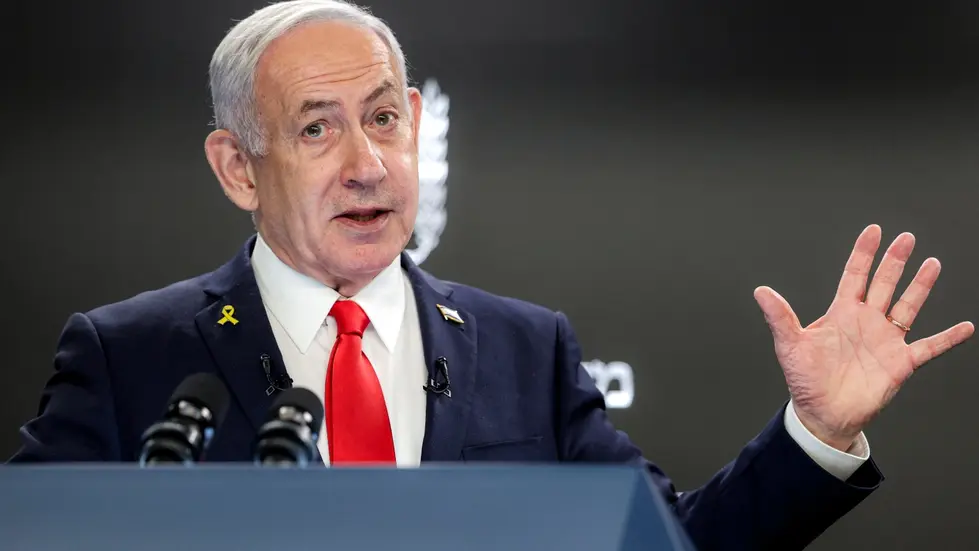
Gaza City plan faces global backlash
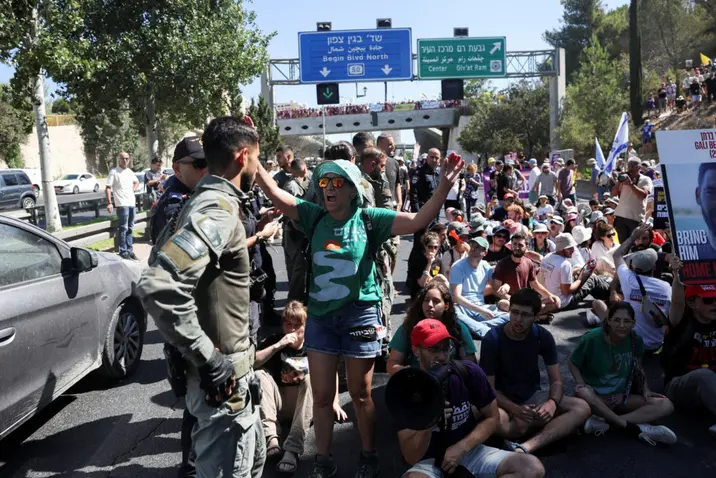
Protests surge in Israel over Gaza war
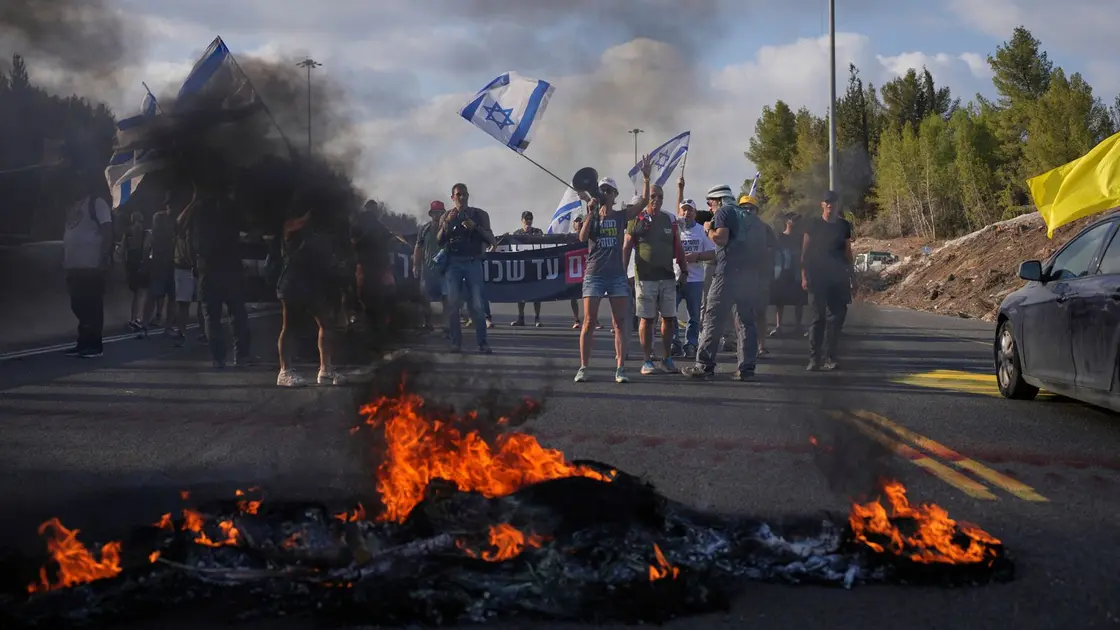
Protests demand ceasefire and hostage release
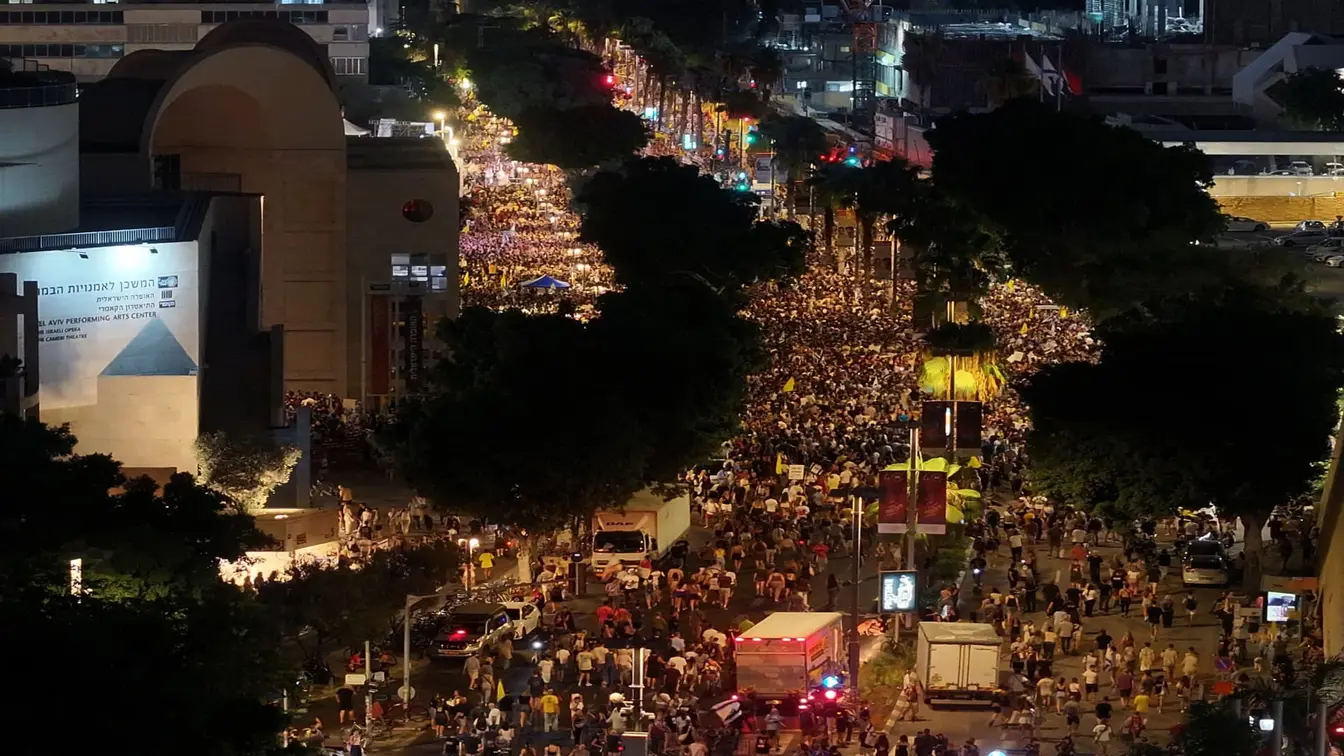
Protests surge as hostage deal dominates Israel Gaza talks
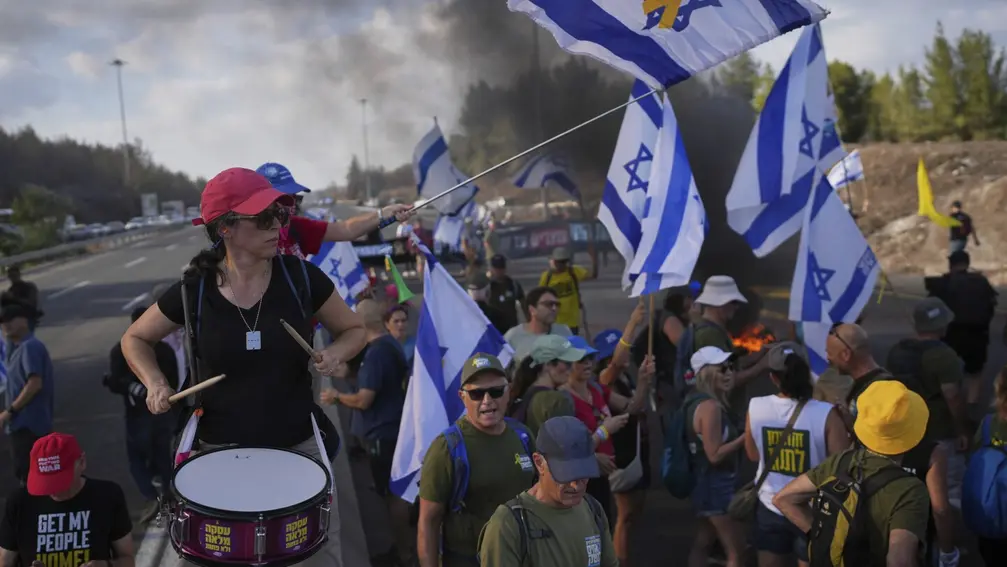
Israel protests escalate into nationwide strike
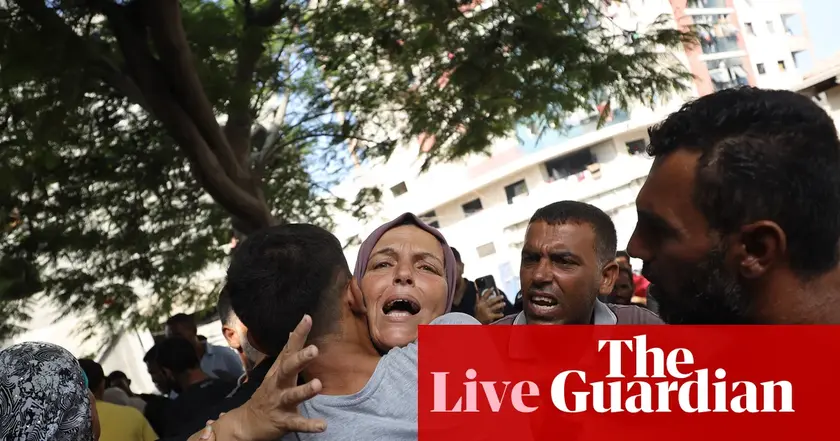
UN warns Gaza hunger as death toll rises
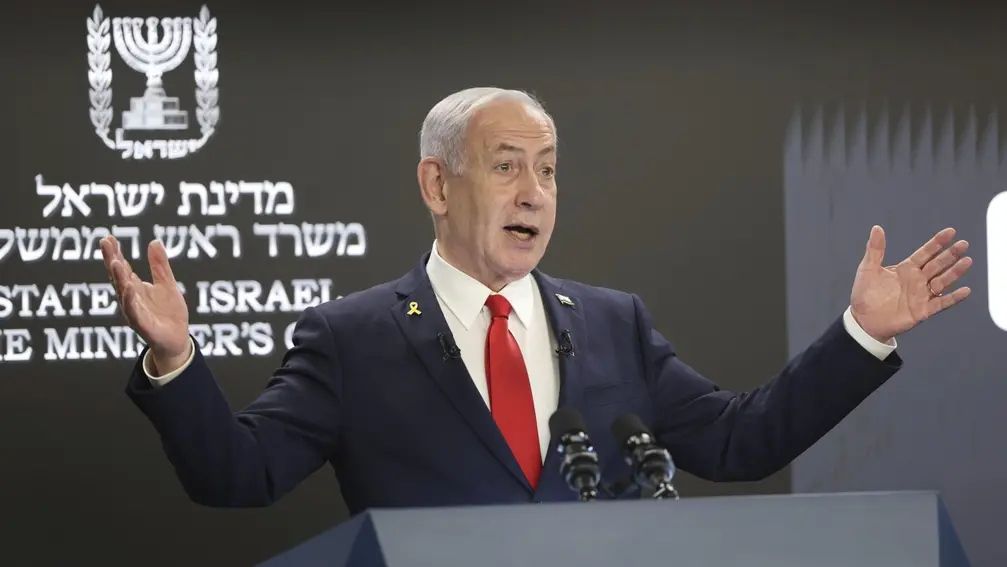
Gaza offensive defended by Netanyahu
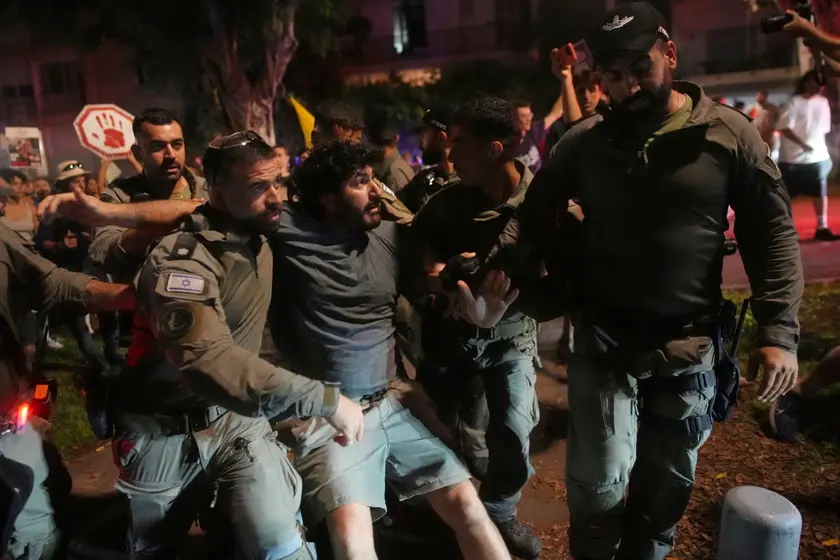
Israel protests flare over Gaza war
